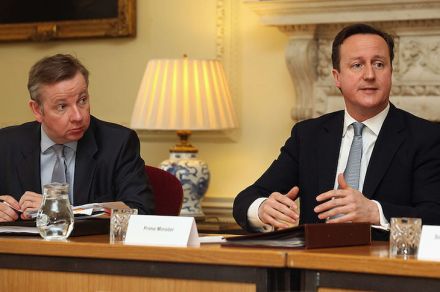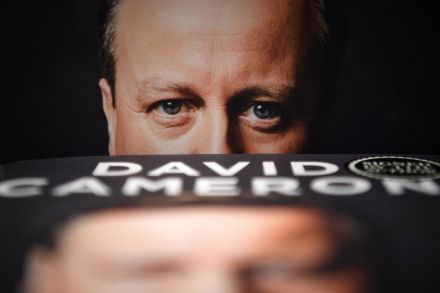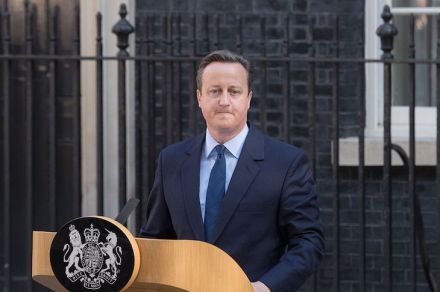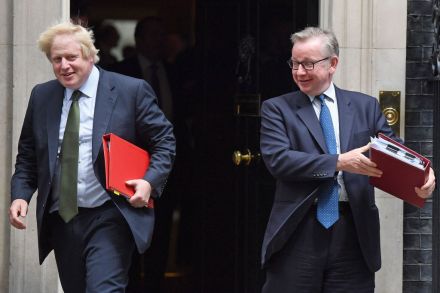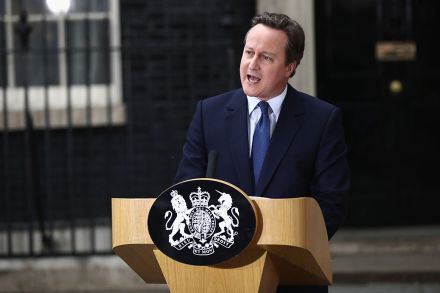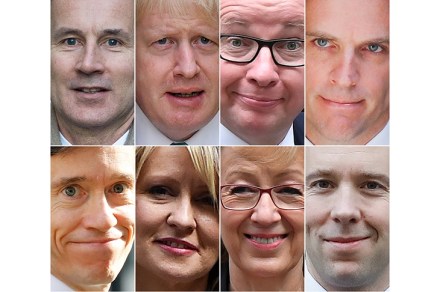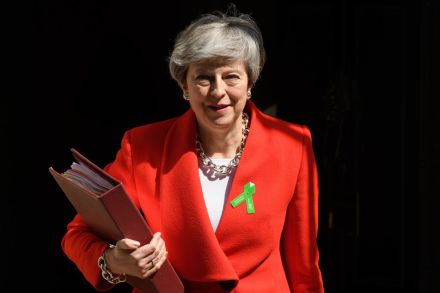Letters: David Cameron’s real referendum mistake
Cameron’s fatal error Sir: Jo Johnson’s otherwise informative review of David Cameron’s For the Record (Books, 12 October) suggests Cameron’s ‘mistake’ was to not call the referendum earlier, and his ‘fatal error’ was his failure to nail down the Leave campaign on how they ‘would actually deliver Brexit’. Not so. Cameron’s mistake was to assume the referendum would produce a Remain result. Cameron’s fatal error was to have taken sides in the referendum. Had he not taken sides, had he not allowed George Osborne to launch ‘Project Fear’, and had he encouraged the dissemination of practical information for both the Leave and the Remain sides, then after the result he


